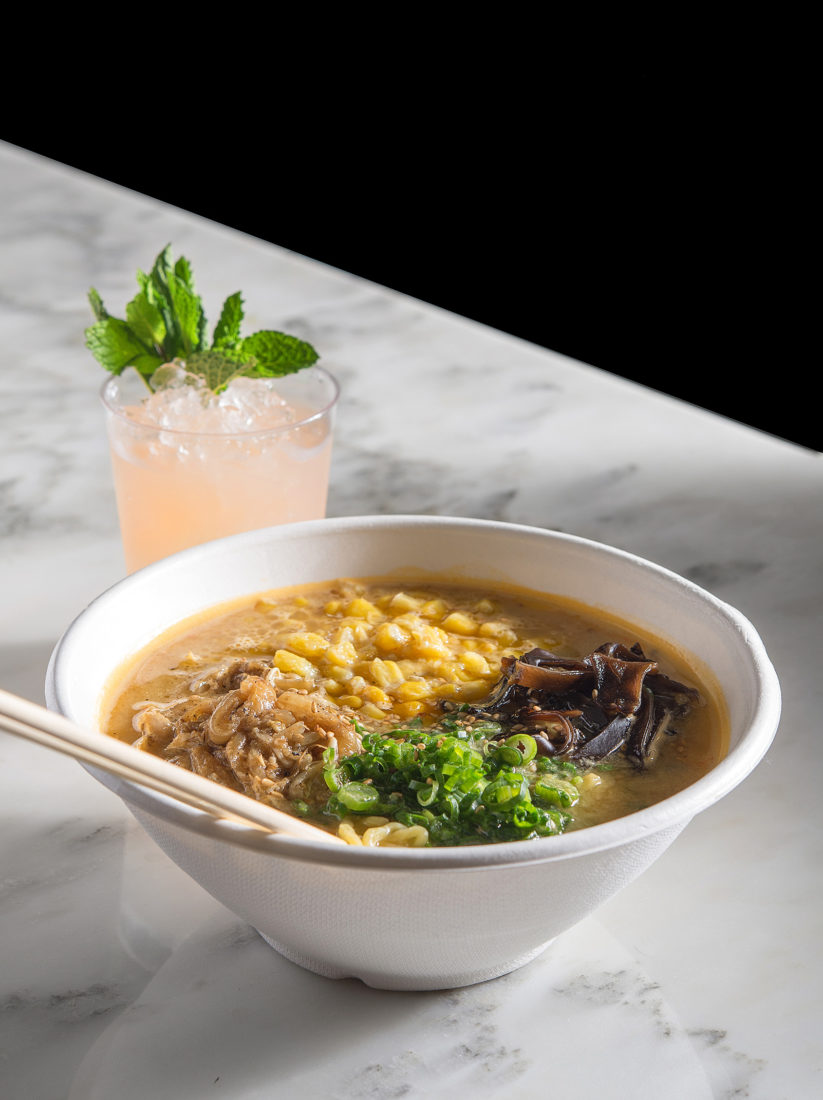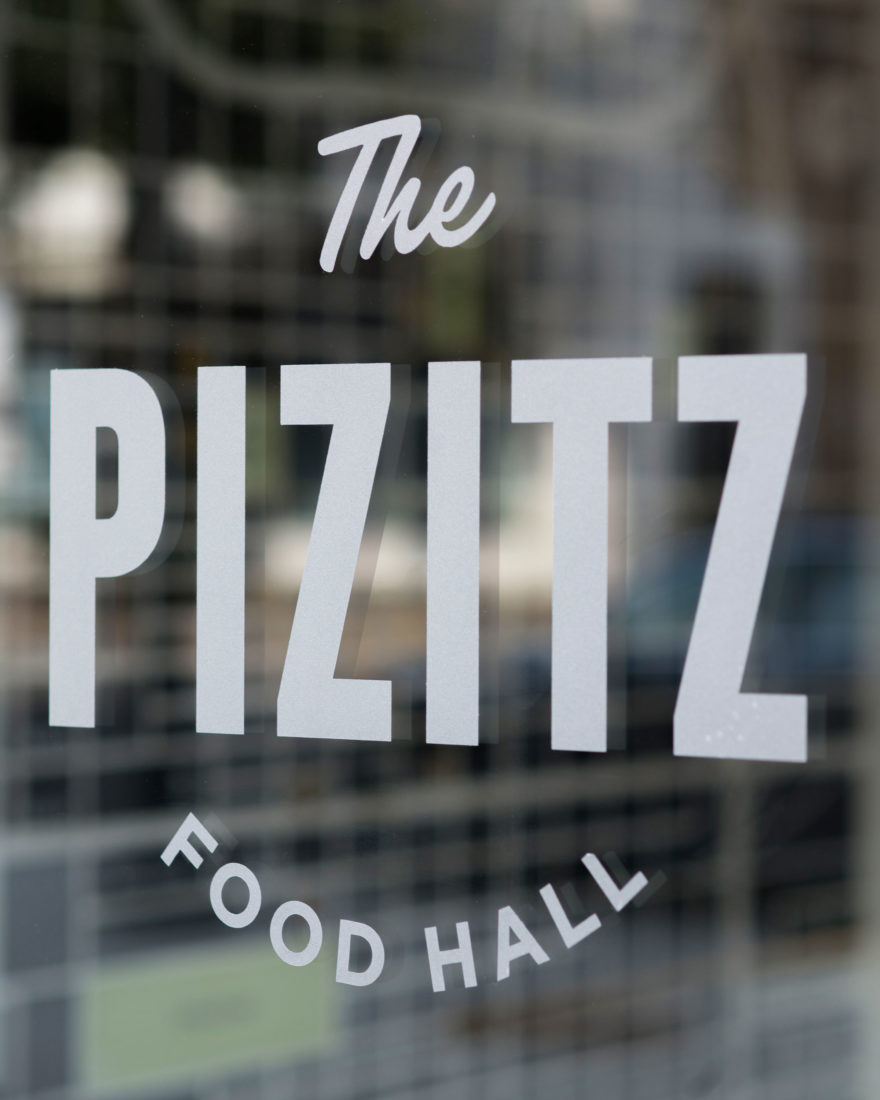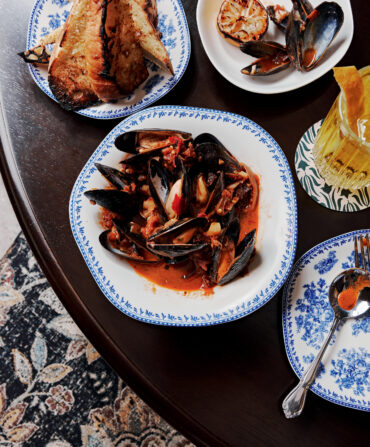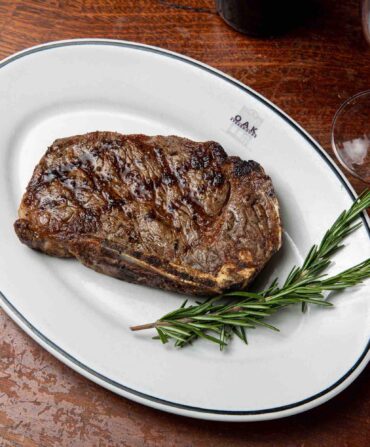High-end European-style food halls, which bear only passing resemblance to their Americanized shopping-mall cousins, are cropping up all over the South. The establishments, like St. Roch Market in New Orleans and Krog Street Market in Atlanta, two early examples of the boom, act as hatcheries for emerging local culinary talent by combining dozens of small-kitchen operations that feature everything from raw bars to ramen, burgers to bakeries—all built around communal seating banks. With half a dozen in the works, 2017 is shaping up to be the year Southern food halls go mainstream.
Up first:
Pizitz Food Hall
Birmingham, Alabama
“We’ve got what might be the only Ethiopian restaurant in the entire state of Alabama,” says Jeffery Bayer, the president and CEO of Bayer Properties, the driving force behind the new Pizitz Food Hall, which opened in late February in the heart of Birmingham’s burgeoning downtown. The global influence doesn’t stop there. Among the eighteen stalls, you’ll also find Mexican paletas made with local produce, Japanese-Hawaiian poké bowls, Belgian waffles with a soul food twist, and Israeli falafels and kebabs from hometown favorite Eli’s Jerusalem Grill inside the 30,000-square-foot space. If you’re after Southern comfort, though, try the fried bologna biscuit from Alabama Biscuit Co., with a coffee from Birmingham-based Revelator. Already, folks are sticking around late for cocktails at the Louis, Pizitz’s bar and soda fountain. And this summer, they’ll have yet another reason hang out after hours when Sidewalk Cinema opens, showing first-run independent films.

Photo: Courtesy of Pizitz Food Hall
A dish by Ichicoro Ramen, a new restaurant in Birmingham’s Pizitz Food Hall.
Workshop
Charleston, South Carolina
When Butcher & Bee owner Michael Shemtov began dreaming up his “fancy food court” in Charleston’s new Pacific Box & Crate development on the far north end of upper King Street, he knew he wanted to give back. “The idea for Workshop is that chefs who are long on passion but short on cash can open a restaurant in a few days for three or four thousand dollars rather than an eighteen-month build-out for half a million dollars or more,” he says. Shemtov also pictures Workshop, which is slated to open by mid-April, serving as a testing ground for veteran chefs to try out new ideas. Inside, a large shared kitchen will support a rotating roster of four to five micro-restaurants, along with a permanent café and coffee shop. The first five tenants include a new concept from the pit master and recent Lone Star State transplant John Lewis, inspired by his popular Tuesday-night Tex-Mex dinners at Lewis Barbecue (see G&G‘s exclusive interview with Lewis for more); Pink Bellies, the brick-and-mortar outpost of chef Thai Phi’s much-loved Vietnamese food truck; and Slice & Co., which will serve New York-style pizza. Another Holy City mainstay, Edmund’s Oast, is slated to open a brewery nextdoor to Workshop later this year.
As more of these one-stop dining destinations begin welcoming hungry patrons this year, it will only get easier to find great food in the South. The Barn at Fritz Farm in Lexington, Kentucky, and Morgan Street Food Hall in Raleigh, North Carolina, are both slated for late April. Already onboard at the Barn: local artisanal ice cream makers, Crank & Boom, while Morgan Street has signed up Goldsboro-born chef Dan Yeager for Cow Bar, a burger joint. Blue Dogwood Public Market in Chapel Hill, North Carolina, is scheduled for spring, too, and will take a more grocery store–like approach, with Pizzelle Italian bakery from the market’s founder, Kelly Taylor, along with a butcher and seafood purveyor. Central Fare in Miami, Florida, and Legacy Hall in Plano, Texas, plan to open this summer, while Fareground in Austin, Texas, and Durham Food Hall, in Durham, North Carolina, anticipate fall unveilings. At this rate, it seems food halls are on their way from trend to tradition.








